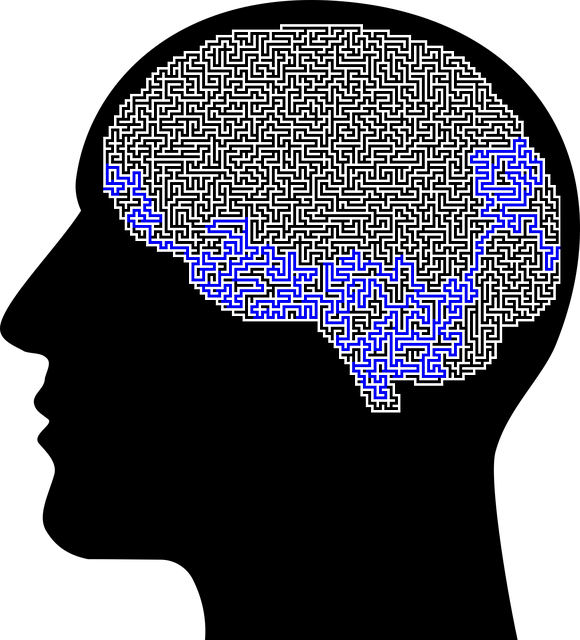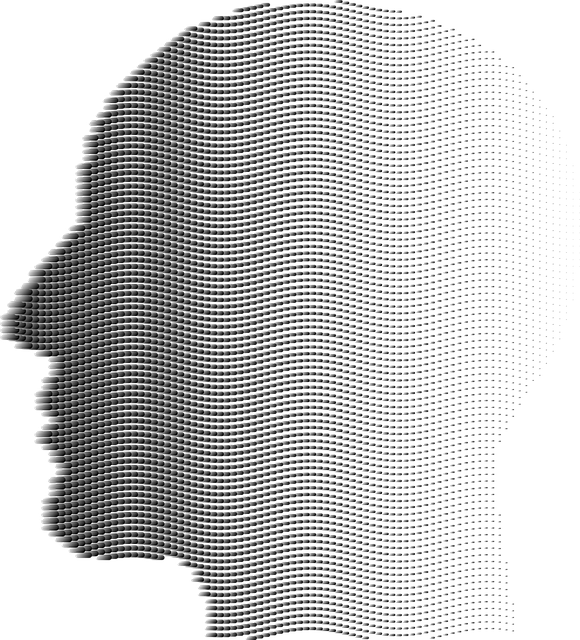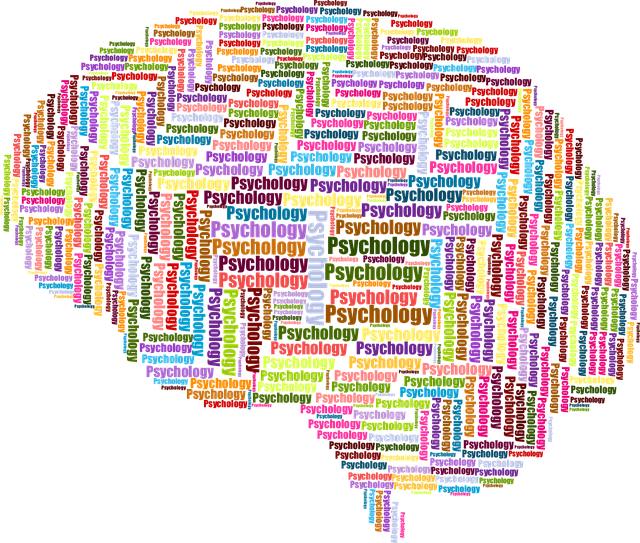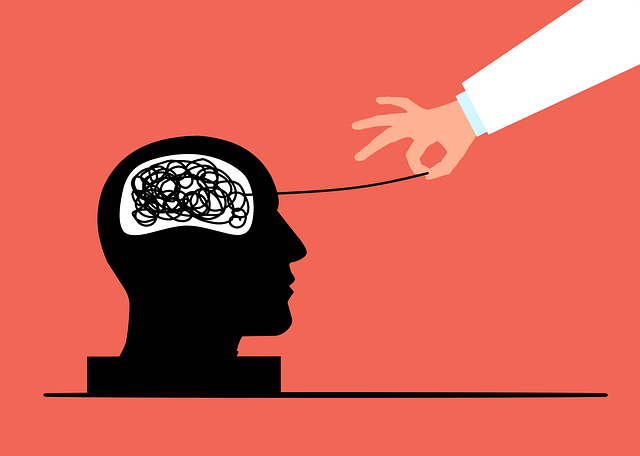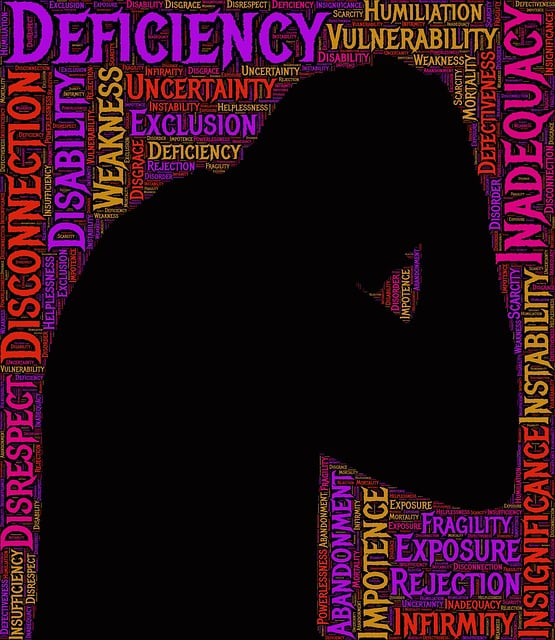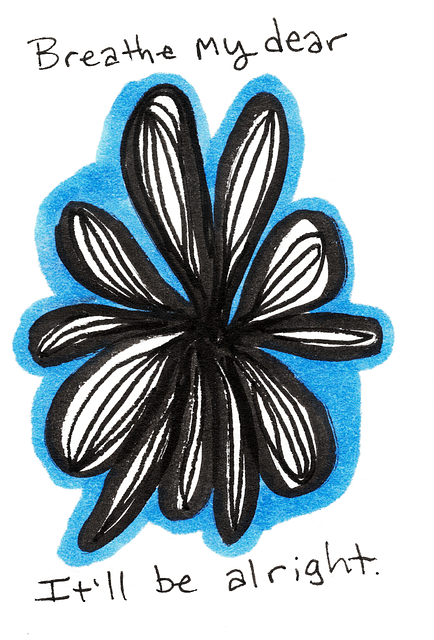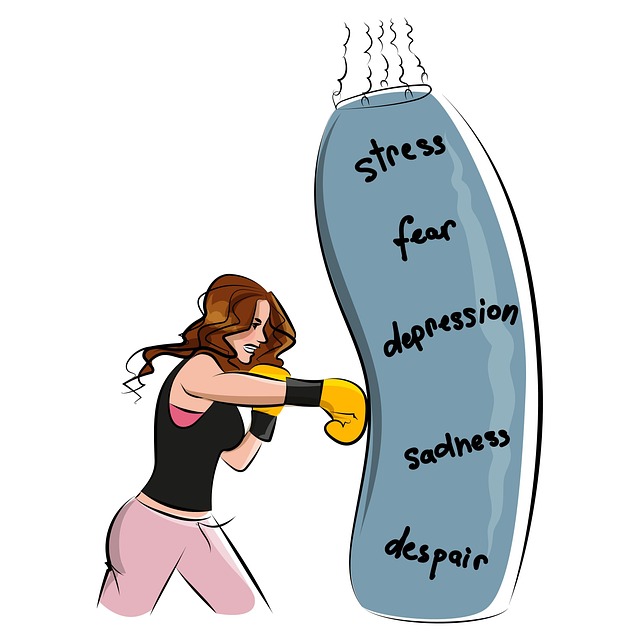Golden Autism Spectrum Disorder (ASD) Therapy, focusing on Resilience, Flexibility, and Motivation (RFM), is a revolutionary approach that goes beyond traditional challenges. By fostering positive thinking, adaptability, and coping mechanisms, it offers a holistic strategy for client support. Tailored to each individual's unique needs, including sensory processing and communication styles, RFM enhances emotional healing through role-playing, social storytelling, and journaling exercises. This method improves mental wellness, promotes empathy development, and facilitates meaningful connections, ultimately leading to better community integration and quality of life for individuals with ASD.
“Unleashing resilience is a key aspect of autism spectrum disorder (ASD) therapy, and the RFM (Strengths, Weaknesses, and Motivators) model offers a powerful framework. This article explores the profound impact of Golden Autism Spectrum Disorder Therapy through RFM, providing insights into its significance and practical applications. We’ll delve into how tailoring resilience-building exercises can enhance social skills, communication, and emotional regulation for individuals on the spectrum. Real-world case studies will highlight the success stories of this innovative approach, offering valuable guidance for professionals and families.”
- Understanding RFM and its Significance in Autism Spectrum Disorder Therapy
- The Golden Rule: Tailoring Resilience Building Exercises for ASD Individuals
- Practical Applications: Implementing RFM in Daily Routines and Activities
- Benefits of RFM: Enhancing Social Skills, Communication, and Emotional Regulation
- Case Studies: Real-World Success Stories of Golden Autism Spectrum Disorder Therapy
Understanding RFM and its Significance in Autism Spectrum Disorder Therapy

Understanding RFM (Resilience, Flexibility, and Motivation) is paramount in Autism Spectrum Disorder (ASD) therapy, as it empowers individuals to navigate challenges and lead fulfilling lives. This approach recognizes that building resilience isn’t merely about overcoming setbacks but also fostering an attitude of positive thinking and adaptability. By integrating RFM into golden ASD therapy, professionals create a comprehensive strategy.
This method involves teaching individuals coping mechanisms, encouraging flexible problem-solving strategies, and motivating them to embrace change. Such an holistic approach is supported by community outreach program implementations, ensuring that the benefits extend beyond therapy sessions. Moreover, risk management planning for mental health professionals becomes easier when RFM principles are firmly in place, as it equips them with tools to support clients effectively while minimizing potential risks.
The Golden Rule: Tailoring Resilience Building Exercises for ASD Individuals

For individuals on the Autism Spectrum Disorder (ASD) spectrum, resilience-building exercises should be meticulously tailored to their unique needs and strengths. The Golden Rule in ASD therapy emphasizes the importance of understanding each individual’s sensory processing differences, communication styles, and interests. This personalized approach ensures that the therapeutic activities are not only engaging but also effective in fostering emotional healing processes.
By integrating empathy-building strategies into Golden Autism Spectrum Disorder (ASD) therapy, practitioners can help clients develop a deeper sense of connection with themselves and others. These strategies may include role-playing scenarios, social storytelling, or even mental wellness podcast series production, which allows individuals to process and express their emotions in a safe and supportive environment. Through these methods, the focus shifts from challenging symptoms to strengthening emotional resilience, ultimately contributing to improved mental wellness.
Practical Applications: Implementing RFM in Daily Routines and Activities

Implementing RFM (Resilience, Flexibility, and Mindfulness) in daily routines offers practical applications that can significantly enhance mental health and overall wellness. For individuals navigating challenges like those on the autism spectrum, integrating RFM practices into their self-care routine development becomes a powerful tool for building inner strength. This approach encourages adaptability to changing circumstances, fostering resilience against potential stressors.
One effective method is Mental Wellness Journaling Exercise Guidance, where individuals reflect on their experiences and emotions through written expression. This practice promotes mindfulness by encouraging awareness of one’s thoughts and feelings, helping to identify triggers and develop coping strategies. By engaging in regular journaling, users can cultivate a deeper understanding of themselves, enhance emotional intelligence, and create a safe space for processing life’s complexities. Such exercises guide users towards building inner strength and resilience, ultimately contributing to better mental health outcomes.
Benefits of RFM: Enhancing Social Skills, Communication, and Emotional Regulation

Engaging in RFM (Relationship-Focused Therapy) offers a multitude of benefits, especially for individuals navigating the complexities of the autism spectrum disorder (ASD). This therapeutic approach recognizes the power of relationships in fostering growth and resilience. By focusing on social interactions, communication, and emotional understanding, RFM becomes a golden tool in enhancing overall mental health education programs design.
One of its key strengths lies in improving social skills and empathy building strategies. Through role-playing and collaborative exercises, individuals with ASD can learn effective conflict resolution techniques, enabling them to navigate social scenarios with greater confidence. This process encourages the development of emotional intelligence, helping these folks recognize and manage their emotions, as well as understand the feelings of others. As a result, they become more adept at forming meaningful connections and expressing themselves in various settings, ultimately improving their overall quality of life and community integration.
Case Studies: Real-World Success Stories of Golden Autism Spectrum Disorder Therapy

The Golden Autism Spectrum Disorder (ASD) Therapy is a shining example of how innovative interventions can transform lives and challenge conventional approaches to mental health. Case studies from around the globe highlight its success in fostering inner strength development among individuals on the ASD spectrum. These stories showcase reduced symptoms, improved social interactions, and enhanced overall mental wellness through tailored therapy sessions.
By implementing unique strategies that cater to individual needs, Golden ASD Therapy contributes significantly to Mental Illness Stigma Reduction Efforts. It empowers those affected by autism to navigate their unique challenges with newfound confidence and resilience. The positive outcomes reported in various case studies underscore the potential of this approach in building a support system that celebrates diversity and promotes holistic mental health for all.
Golden Autism Spectrum Disorder (ASD) therapy, through its RFM approach, offers a transformative path for individuals on the spectrum. By tailoring resilience-building exercises, this method enhances social skills, communication, and emotional regulation, as illustrated by numerous successful case studies. Integrating RFM into daily routines proves beneficial, making it a valuable tool for professionals and caregivers aiming to improve the lives of ASD individuals. This evidence-based practice not only navigates the unique challenges of ASD but also fosters a sense of resilience and well-being, promising a brighter future for those navigating this spectrum.
